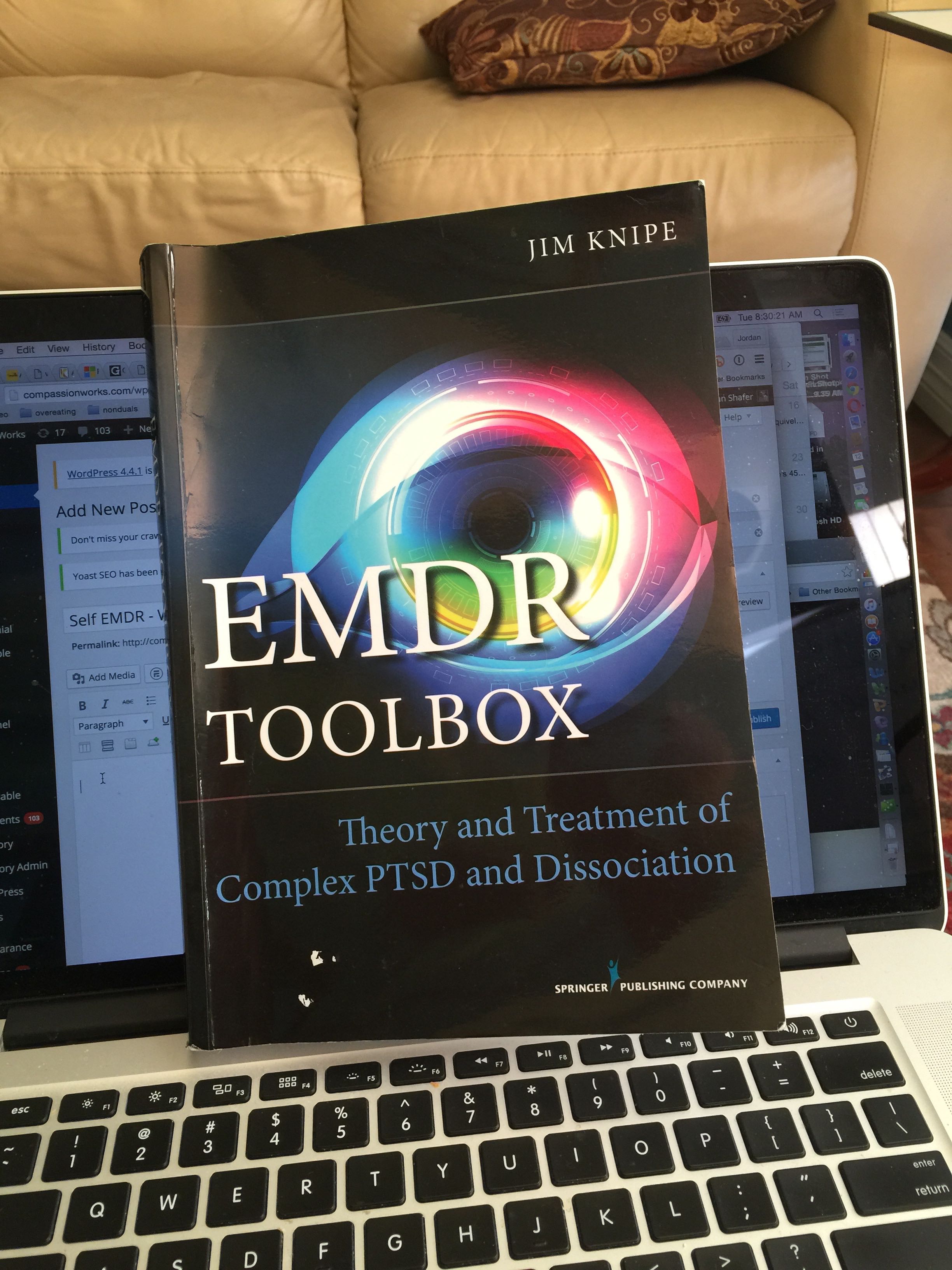 I was reading the chapter in Jim Knipe’s book, “EMDR Toolbox” on “EMDR with Avoidance” in which he talks about using the “What’s good about _________” intervention, where the blank is the avoidance behavior.
I was reading the chapter in Jim Knipe’s book, “EMDR Toolbox” on “EMDR with Avoidance” in which he talks about using the “What’s good about _________” intervention, where the blank is the avoidance behavior.
I’ve also been doing more self-EMDR. One of the modules in the trainings is on self-EMDR and so I’ve been doing more of that, mainly so I’ll be able to have some experiences to talk about. So far, my experience doing self-EMDR hasn’t been very productive but I think that may be changing.
So, in thinking about my avoidance strategies while reading Knipe, I remembered my two recent candy binges – like yesterday and the day before. These weren’t the silly little indulgences like, “I think I’ll have a candy bar.” They were more serious like, “I’m eating this bag of Classic Mini Mars Party Pack candy bars plus some peppermint Life Savors left over from the last training, handful-after-handful.”
 To do the self-EMDR, I pictured sneaking my hand into the bag, time after time, and asked myself, “What’s good about binge eating this candy?” I then started the beeping and let my “mind go where it goes and do what it does.”
To do the self-EMDR, I pictured sneaking my hand into the bag, time after time, and asked myself, “What’s good about binge eating this candy?” I then started the beeping and let my “mind go where it goes and do what it does.”
After a few sets, two realizations came to mind: One was, I couldn’t remember or figure out what triggered the binges, which surprised me. The other was, I have no idea what the underlying, unresolved maladaptive neural template (aka trauma net) was being triggered, because I was so engrossed in stuffing the candy.
Interestingly, this strategy – binge eating – has been “working” for years, because I’ve been binging for years and am still unable to resolve it. The self-EMDR helped me see that is because the bingeing was blocking access to healing the trauma, whatever it might be, and even blocking awareness of the triggers. Oh, I have some ideas about why I eat like this, but it’s not resolved.
My intention is to keep doing this, the self-EMDR, that is – the bingeing will happen on its own. The intention now is to weaken the strength of the defense – the urge to non-hunger eating – anytime, really, not just in binge mode, so that I can finally sit with discomfort of what’s really coming up, and maybe beep on that.
